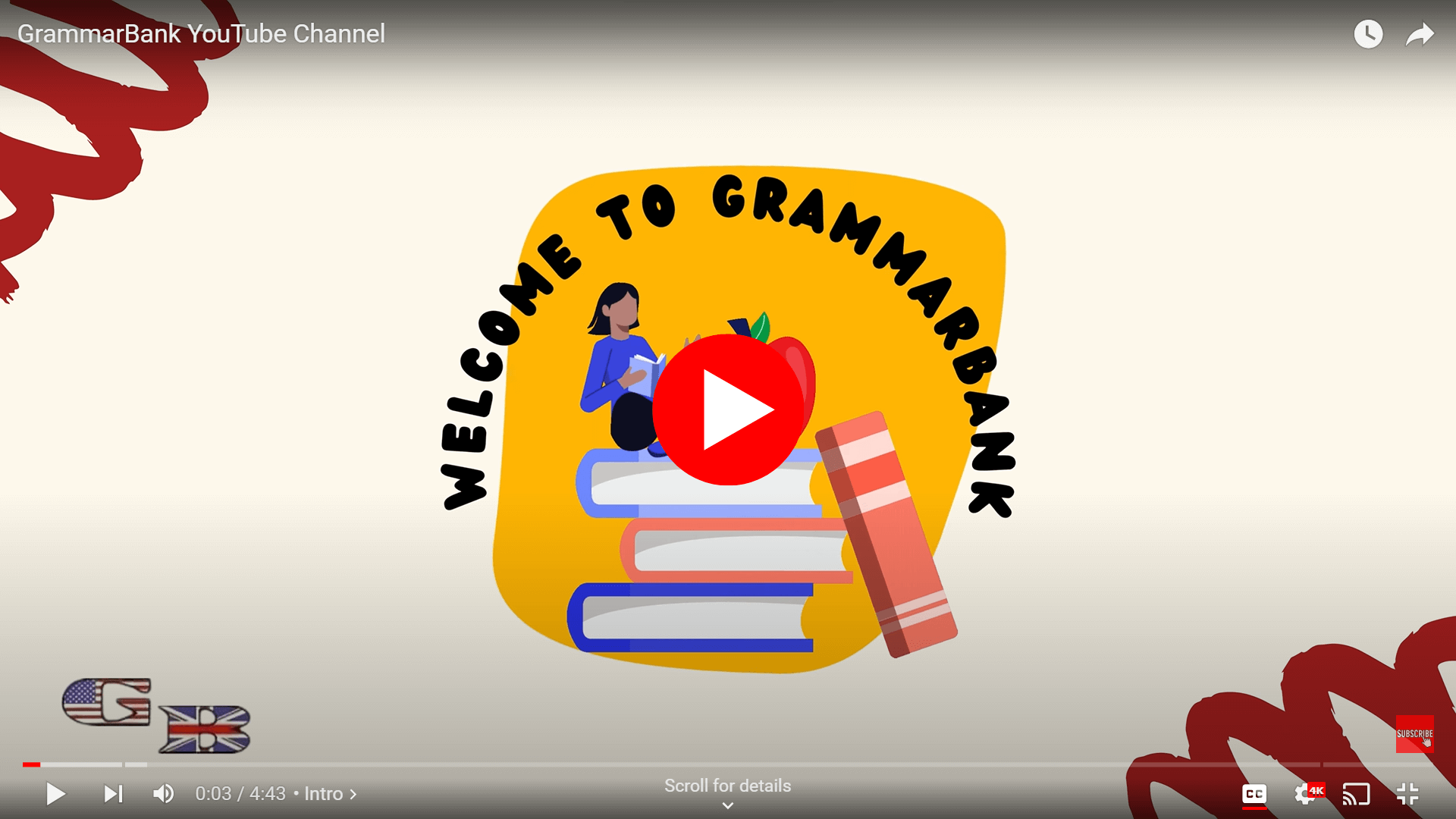Have or Have Got
In Positive Forms:
There is no difference in their positive form. They both have meaning of "possession". However "have" without "got" is more preferred in American English.
We've got a car. (British English)
We have a car. (American English)
Daniel has got two toys. (British English)
Daniel has two toys. (American English)
We use have got or have for ailments.
I've got a toothache. (British English)
I have a toothache. (American English)
NOTE: In very informal American speech, people may drop "have" before got.
I got a toothache / I got a problem.
Also see:There is no difference in their positive form. They both have meaning of "possession". However "have" without "got" is more preferred in American English.
We've got a car. (British English)
We have a car. (American English)
Daniel has got two toys. (British English)
Daniel has two toys. (American English)
We use have got or have for ailments.
I've got a toothache. (British English)
I have a toothache. (American English)
NOTE: In very informal American speech, people may drop "have" before got.
I got a toothache / I got a problem.
Have Got / Has Got
Have got / Has got Exercises 1
Have got / Has got Exercises 2
Have got / Has got Exercises 3
In questions and negative sentences they have different usages:
Have you got any cheese? / I haven't got any cheese. (British English)
Do you have any cheese? / I don't have any cheese. (American English)
NOTE:
According to some books, in old-fashioned British English we can also use "Have you" as in the nursery song Baa, baa, black sheep (have you any wool?), but outside of storybook contexts, we don't prefer to use it.
Have you any money? (not preferred) / I haven't any money. (not preferred)
For the past, in both British and American English we use had (without 'got')
I had dark blue eyes when I was a baby. (not I had got)
My father had an old Mustang GT when he was young.
In the past questions and negative sentences we normally use did / didn't
A: Did you have a roommate when you were in Sydney?
B: No, I didn't have a roommate.
There are several combinations of the verb "to have" with nouns, noun phrases and adjectives.
Have:
| An argument A bath / shower Breakfast / lunch / dinner A chance A cold Difficulty A drink A feeling An idea An impact |
An interest in something A look A meeting A party A plan An operation Patience Problems Time Trouble |
These expressions are only used with have. (not with have got)
I have a shower every morning. (have = "take" /





Comments